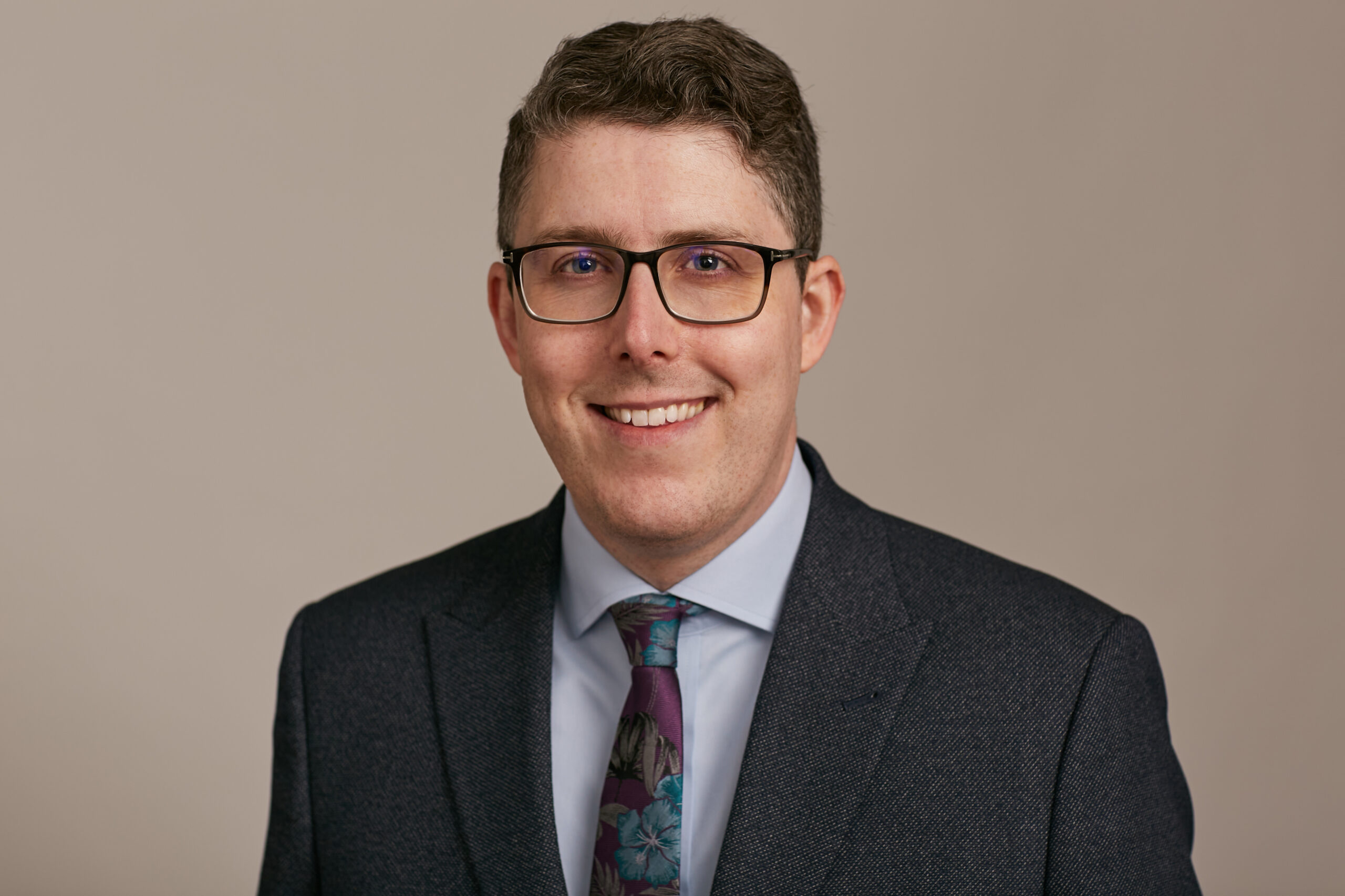
Who is telling the truth these days? Who can tell?
We may be living in what some commentators term a ‘post-truth’ world, but can we simply shrug and give up on holding ourselves and others to the highest standards of honesty and integrity?, writes David Geary, president, Public Relations Institute of Ireland.
Continue reading or listen here:
The American Senator Daniel Patrick Moynihan famously once said “everyone is entitled to his own opinion, but not his own facts”. However, what was once, in the 1980s, a strong put-down now seems somewhat anachronistic in a world where everyone can download a matching ‘fact’ to suit their agenda.
The internet, and particularly social media, once promised greater democratisation and freedom of expression (remember the quaint hope expressed in that phrase ‘the information superhighway’?). Unfortunately, the pace of technology and the evolution of algorithms – which prize engagement (and conflict) over truth – have created very polarised communities with each ‘tribe’ living in their own alternate reality.
This polarisation was metastasised during Covid and has been boosted by the many bad actors out there. For example, recently, Ireland was warned that Russia may be trying to distort the outcome of our European Elections. An interesting study undertaken by Sky News during recent anti-migrant protests in Newtownmountkennedy showed through forensic data analysis that the vast majority of social media posts and mentions originated from outside of Ireland – the majority from the United States. In other words, almost 80 per cent of those who were claiming #Irelandisfull were not from Ireland.
Can things get worse?
Frankly, yes. We are already seeing fears growing worldwide around the use of AI and deepfakes to undermine elections.
Last October, a fake audio clip was released on the first day of the British Labour Party’s annual conference designed to undermine its leader Keir Starmer. Similar fake audio was employed against the Slovak leader of the opposition Michal Šimečka in the latter stages of an election. False robo-calls were sent to Democrat supporters, purporting to be from U.S. President Joe Biden, earlier this year during the New Hampshire Democratic primary urging people not to vote.
No wonder Coimisiún na Meán, the media regulator, recently advised Irish broadcasters to take additional steps to ensure that on-air references to social media content are accurate to avoid the spread of misinformation or disinformation. Interestingly, Minister for Housing, Local Government and Heritage Darragh O’Brien (whose Department has responsibility for elections) has asked Coimisiún na Meán to examine whether election moratoriums are still feasible or helpful in the current climate.
The public relations and communications profession share many of the concerns held by others regarding AI. We have to be as agile and expert as those spreading divisive disinformation. We recently held a seminar for communications professionals to examine the opportunities and challenges presented by AI. We are not luddites and we recognise that generative AI has many benefits in the workplace. However, we are also acutely aware that AI is just a tool and, in the wrong hands, can also pose a risk to those organisations we advise.
Of course, the traditional bulwark of truth and integrity in western liberal societies has always been the media. Unfortunately, the media has been weakened in recent years. The print media model has been economically damaged – with the internet reducing its advertising revenues and with many titles still striving to crack the best subscriber and digital business model to be profitable. This makes the role of national public service broadcasters like RTÉ and the BBC even more important. However, in this country, the reputation of our national broadcaster has been damaged by recent scandals and a financing model which is inadequate to the demands we make of it.
The American author, Michael Lewis, in his excellent podcast series Against the Rules, has lamented the decline of traditional referees in society. We need a strong fourth estate that is healthy, diverse and trusted to set the standards for truth in the marketplace of ideas. This is not to say Governments should necessarily directly fund journalism, but all governments, including our own, should create an environment which supports a sustainable, accessible media sector. Alternatively, in a ‘post-truth’ world, public discourse will resemble a 40-a-side game of football with no referee.
Disinformation is our shared enemy. However, journalists alone are not responsible for ensuring truth and integrity in public debate. As communications professionals, we must also play a part. The Public Relations Institute of Ireland has recently published a five-year strategy, committed to supporting our members as they respond to the world’s pressing challenges – supporting the fight against climate change, promoting equality and tolerance and, considering recent developments, we will seek to foster digital fluency in the fight against disinformation.
The fact of the matter is that truth and trust are under attack and professional communicators must be custodians of both. We believe, in an age of disinformation, that all actors – Government, private companies, NGOs, etc – need to invest in communications and to ensure they have a strategic professional approach to engaging their audiences. Where there are many competing voices and more than a few bad faith actors, good communications is no longer a luxury, it’s now a necessity.
© 2024 Strategic. Registered in Ireland: 659272